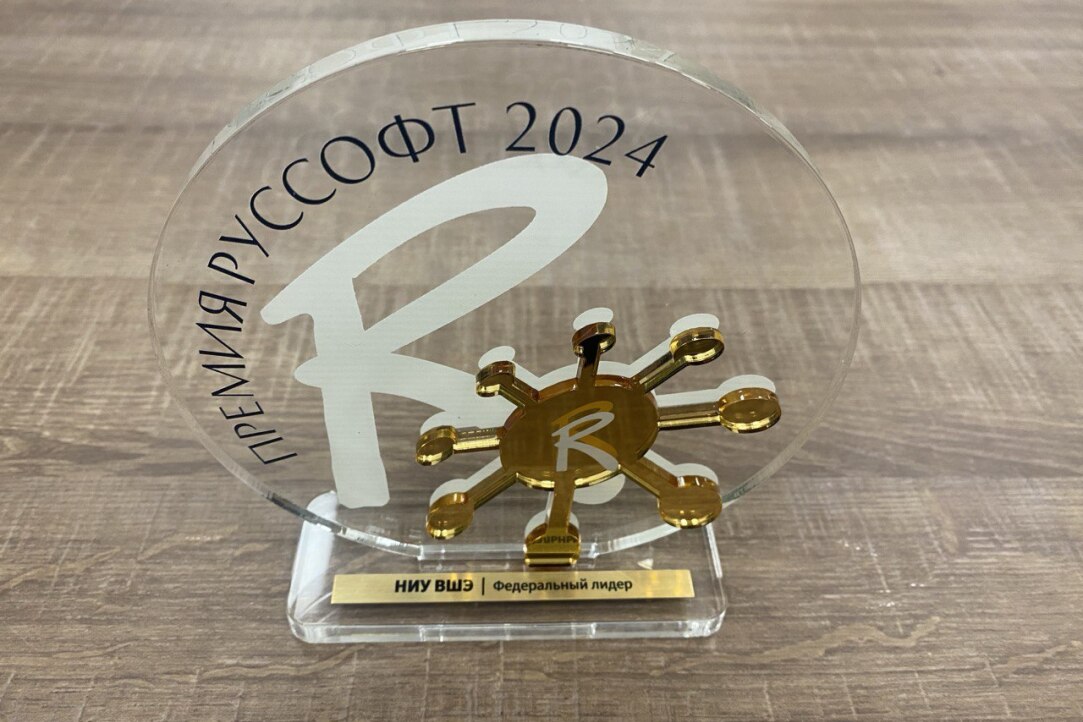News

HSE University Named Federal Leader in IT Education by RUSSOFT
On December 5, the award ceremony of the RUSSOFT ranking of top universities took place. The ranking assesses the quality and scale of specialist training in the field of software development among Russian educational institutions. HSE University took fourth place in the 2024 rankings and was named a ‘federal leader.’

Artificial and Augmented intelligence: Connecting Business, Education and Science
The history of AI research in Nizhny Novgorod dates back to the 1960s and 1970s. Today, AI technologies, from voice assistants and smart home systems to digital twin creation and genome sequencing, are revolutionising our life. Natalia Aseeva, Dean of the Faculty of Informatics, Mathematics and Computer Science at HSE Campus in Nizhny Novgorod, discusses how the advancement of AI connects science, business, and education.

HSE University Leads the AI Alliance Ranking
The AI Alliance Russia has released a new ranking of Russian universities based on the quality of education in the field of AI. Similar to last year, HSE University has joined the leaders in A+ group alongside MIPT and ITMO. A total of 207 universities from 69 Russian regions participated in the ranking. In 2024, over 35,000 students were enrolled in AI-related programmes at these universities.

‘Like Electricity, AI Can Bring Incredible Benefits’
Developments in the field of artificial intelligence are gradually taking over the world. AI has the potential to bring incredible benefits to the global economy and our quality of life, but it also creates new challenges. Panos Pardalos, Professor at the University of Florida, Academic Supervisor of the Laboratory of Algorithms and Technologies for Networks Analysis (Nizhny Novgorod), covered these issues, along with other related topics, in his recent report.

